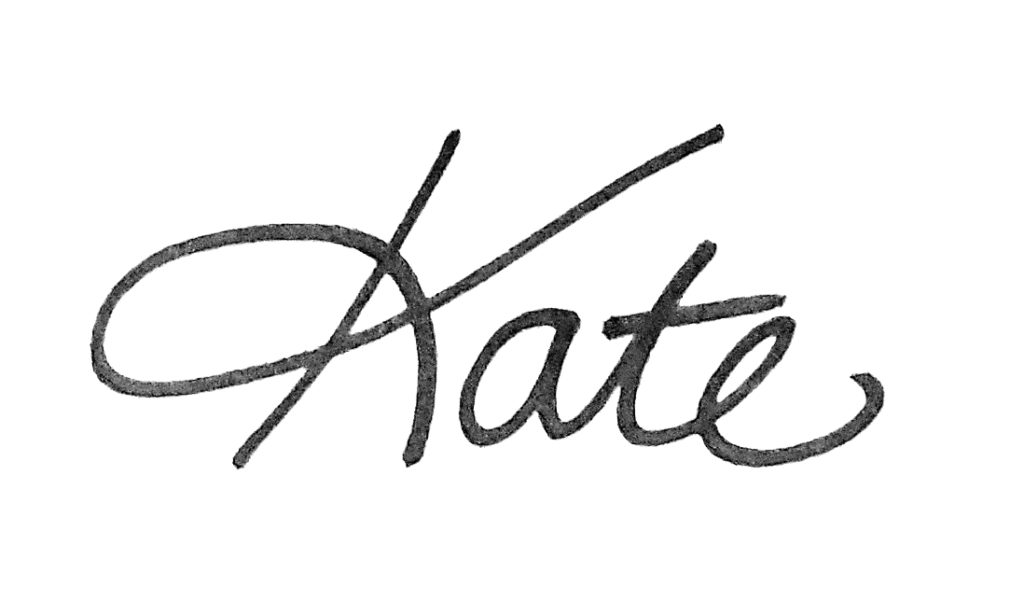
Here’s the thing about me: I cannot help but help others. I was getting routine health care and my ears perked up when the care provider talked about her middle school aged child who was struggling with paralyzing anxiety*. “I don’t mean to pry,” I said, “but what’s happening?”
The provider, Jennie*, shared how her daughter, Ella*, was afraid to go places because of her sensory processing issues. She played too much Fortnite, which seemed like the only thing that calmed her down. Ella, 12, had a terrible time with transitions and would scream at her mother when she had to stop gaming. Seemingly little things would set Ella off, like the texture of food, a too-loud room, or sitting at the kitchen table rereading the same paragraph.
“She says a lot of negative things about herself,” said her mom. “It breaks my heart.”
Ella also has Inattentive ADHD along with other challenges. I asked more questions about the resources they were using to make things better. It wasn’t really working. They were still in the thick of things and not gaining much leverage.
I heard Jennie’s desparation and frustration. The incessent tick-tock of time reminded Jennie that she didn’t have forever to help her daughter get better skills. Kids with untreated–and undertreated–issues like Ella’s are more likely to use drugs and alcohol as teens.
I’m not a licensed mental health provider, so I don’t know if Ella’s diagnoses are correct or comprehensive. What I can say is that a) I’ve been the desparate parent unsure of what to do; b) I help people manage the challenges of transitions as a life coach; and c) I know what it is like to be a 12-year-old girl who feels broken.

It’s All in Your Head
It’s hard to stay whole within Western medicine. If symptoms cannot be explained from a scan or bloodwork or an established model, then they get funnelled into the broad category of “stress-related” or “emotional,” as if that sums up that. The underlying assumption seems to be that one should be able to think themselves out of those types of problems.
In the final Harry Potter book, Harry asks Dumbledore, “Professor? Is this all real? Or is it just happening inside my head?” To which Dumbledore responds: “Of course it’s happening inside your head, Harry. Why should that mean that it’s not real?”
When someone is dealing with a mental health condition like anxiety and depression, or even with a neurobiological condition like ADHD, it’s easy to feel like your invisible condition is made up. Often, someone with ADHD can have a good day where they are able to produce. Others see that and think, “I knew you could do it if you tried hard enough. You’ve been holding out on me.”
But when the person tries to produce in the same way the next day, it doesn’t work. And he has no idea why. All he knows is that others are disappointed in him. He is broken and doesn’t know how to fix it.
You are Not Broken
At some point I turned to Jennie and said, “So you’re telling me that Ella feels like every time she steps out of her door and enters the unpredictable world where she is constantly assaulted by stimulus, she feels anxious?” Jennie nodded. “Makes perfect sense to me,” I said. “Wouldn’t you be anxious too? And wouldn’t you want to spend all your time playing a video game that made you feel better?”
“What if the way Ella is reacting makes perfect sense?”
Here’s what I know to be true. Focusing on fixing someone’s brokenness will not fix the brokenness. Instead, start with strengths and wholeness. You need to feed yourself a diet that fuels your wholeness and empowers your strengths and also call upon experts who can strengthen the weak areas.
Write Your Instruction Manual
“Ella is not broken,” I told Jennie. “She just needs to write her own instruction manual.” I suggested watching YouTuber Jessica McCabe on How to ADHD. Also, Jennie and Ella can brainstorm a list of what soothes Ella and why it helps. They can make a list of things to try like a weighted blanket or a sensory chew toy that even a middle-school kid could get away with having. Then they can track what did and didn’t work and why.
Can you imagine how empowered Ella might feel to know what helps her calm down? How about the benefit of hearing Jessica McCabe articulate the experiences that Ella thought only she had? I had the pleasure of hearing McCabe speak at the CHADD 2018 conference, where I also presented. By sharing her truth, she promotes self-acceptance and healing.
A very important part of writing your instruction manual is listing what you love doing and what you are good at. Jennie can nurture Ella’s emerging self by giving her a place to voice a narrative of wholeness, which includes not just her struggles, but her triumphs, and what sparks her interest. ALL kids need a place to do this and especially kids who need extra services.
I’ve created a starting point here. Print it off to use yourself or with your child. Remember that no matter how much it feels that way, you are not broken. You are whole and you are loved. It’s time to write your instruction manual. Get to it!

Find tips and encouragement by signing up here.
*Details have been changed to protect privacy.
